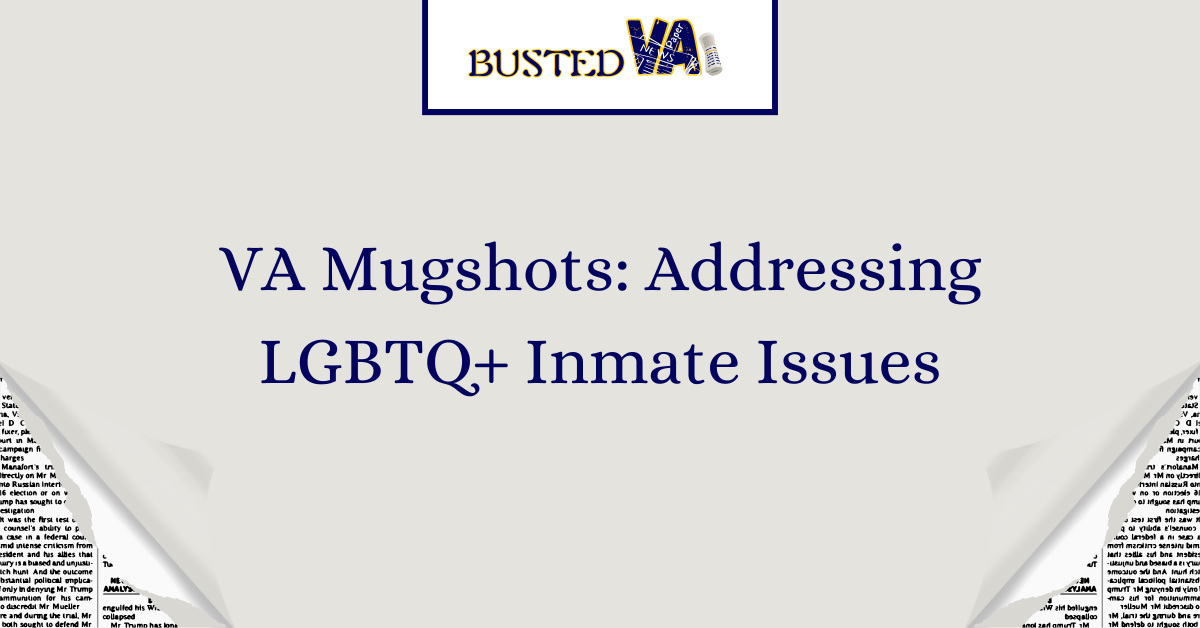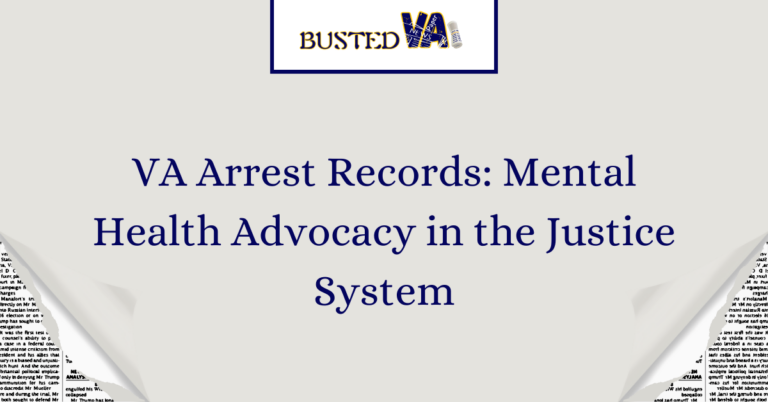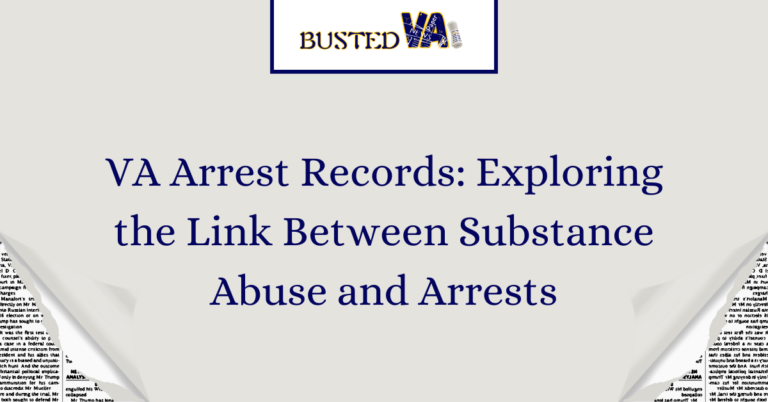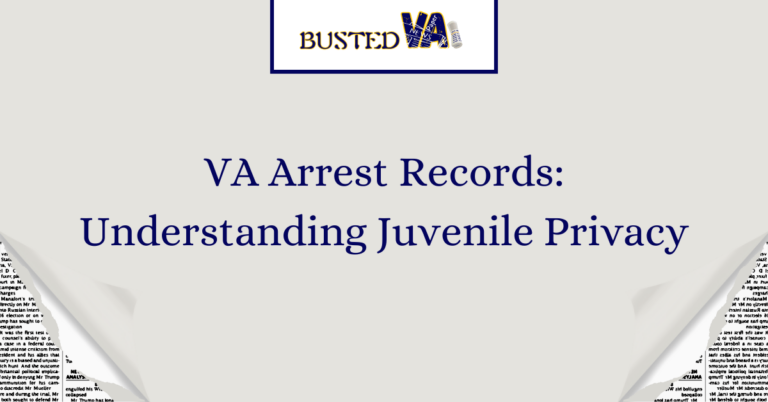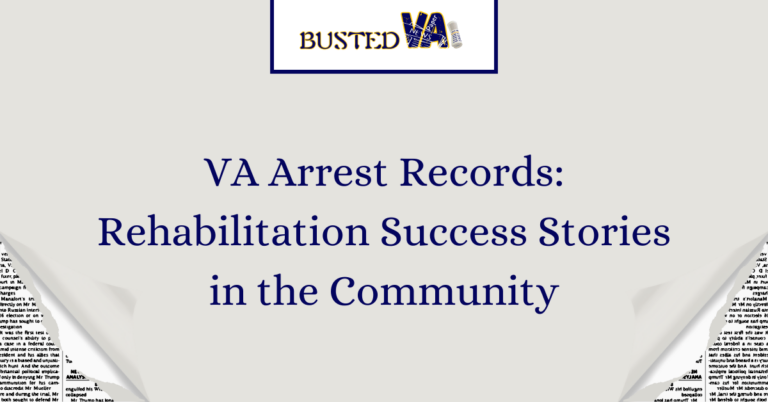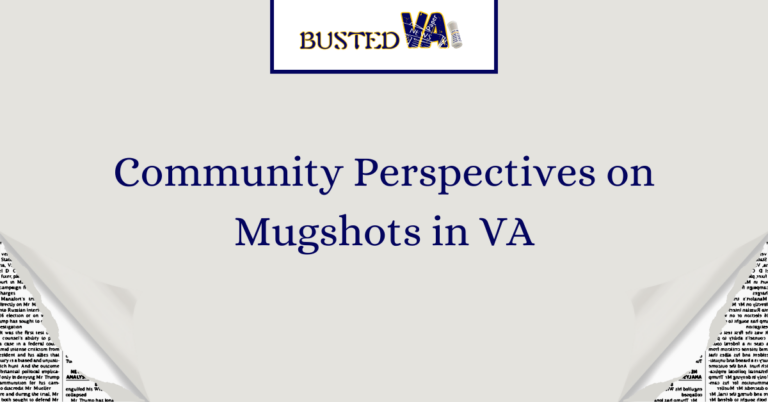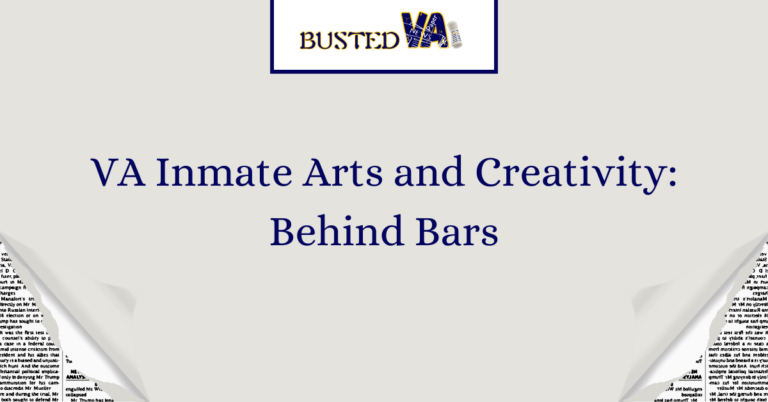VA Mugshots: Addressing LGBTQ+ Inmate Issues
Within the criminal justice system, the experiences and challenges faced by LGBTQ+ individuals often go unnoticed. This is especially true for incarcerated LGBTQ+ individuals who face unique issues and vulnerabilities. The aim of this informative content is to shed light on the specific challenges faced by LGBTQ+ inmates in the state of Virginia and explore the efforts being made to address these issues.
From the moment of arrest to their time served behind bars, LGBTQ+ inmates face a range of obstacles that can impact their safety, mental health, and overall well-being. This includes increased rates of harassment, discrimination, and violence compared to their non-LGBTQ+ counterparts. By understanding and addressing these issues, we can strive towards a more inclusive and equitable criminal justice system.
Understanding the Unique Challenges Faced by LGBTQ+ Inmates
While the criminal justice system is designed to ensure the safety and well-being of all individuals, it is important to recognize that LGBTQ+ inmates face distinct challenges that require specific attention. From the moment of arrest to their time served behind bars, these individuals often find themselves confronted with a range of obstacles that can significantly impact their safety, mental health, and overall well-being.
Harassment, Discrimination, and Violence
One of the most pressing issues faced by LGBTQ+ inmates is the increased rates of harassment, discrimination, and violence compared to their non-LGBTQ+ counterparts. These individuals are more likely to experience verbal abuse, physical assault, and sexual violence during their incarceration. Such treatment not only violates their basic human rights but also contributes to a hostile and unsafe environment.
Lack of Proper Medical Care
Another significant challenge is the lack of access to proper medical care for LGBTQ+ inmates. Many correctional facilities fail to provide adequate healthcare services that address the unique needs of these individuals. This includes hormone replacement therapy for transgender inmates, mental health support, and HIV/AIDS treatment. The absence of appropriate medical care further exacerbates the physical and mental health disparities faced by LGBTQ+ inmates.
Isolation and Stigmatization
LGBTQ+ inmates often face isolation and stigmatization within the prison system. Due to societal prejudices and stereotypes, they may be segregated from the general population or placed in units where they are more vulnerable to abuse. This isolation can lead to increased feelings of loneliness, depression, and anxiety, further compromising their well-being.
Lack of Support and Resources
Many LGBTQ+ inmates struggle with a lack of support and resources both during their incarceration and upon release. They often lack access to LGBTQ+-specific programs, counseling, and support groups that could help them navigate the challenges they face. Additionally, limited employment and housing opportunities for formerly incarcerated individuals make the process of reintegration into society even more challenging.
Efforts to Address LGBTQ+ Inmate Issues
Recognizing the importance of addressing these issues, various organizations and advocacy groups are working towards improving the conditions for LGBTQ+ inmates in the state of Virginia. These efforts include advocating for policy changes, providing legal support, and collaborating with correctional facilities to implement LGBTQ+-inclusive policies and training programs for staff members.
Striving Towards a More Inclusive Criminal Justice System
By understanding and addressing the unique challenges faced by LGBTQ+ inmates, we can strive towards a more inclusive and equitable criminal justice system. This requires not only the implementation of LGBTQ+-inclusive policies and practices within correctional facilities but also a broader societal shift towards acceptance and empathy. It is crucial that we continue to raise awareness, advocate for change, and support the rights and well-being of all individuals, including LGBTQ+ inmates.
FAQs
What counseling services do you offer for LGBTQ+ inmates?
Our counseling services provide a safe space for LGBTQ+ inmates to express their emotions, fears, and concerns. Our experienced counselors offer individual and group therapy sessions, helping inmates navigate their journey with empathy and understanding. Through these sessions, we aim to empower inmates, promote self-acceptance, and foster personal growth.
What education programs are available for LGBTQ+ inmates?
At VA Mugshots, we believe in the power of education to transform lives. Our education programs offer a range of courses tailored to the unique needs and interests of LGBT inmates. From GED preparation to vocational training, we strive to equip inmates with the knowledge and skills necessary for a successful future, both during their time behind bars and beyond.
How do you advocate for LGBTQ+ inmates within the correctional system?
Advocacy is at the heart of our mission. We actively engage in efforts to promote equality and fairness within the correctional system. Through partnerships with LGBTQ+ organizations and legal experts, we work to address systemic issues, challenge discriminatory policies, and advocate for the rights and well-being of LGBTQ+ inmates. Together, we strive to create a more just and inclusive environment for all.
Do you provide support groups for LGBTQ+ inmates?
Our support groups provide a sense of belonging and community for LGBTQ+ inmates. These groups offer a space for individuals to share their experiences, find support from others who understand, and foster connections that can last beyond their time in prison. We believe that through shared experiences and mutual support, individuals can find strength and resilience.
What reentry assistance programs do you offer for LGBTQ+ individuals?
As inmates prepare for their release, we offer reentry assistance programs specifically tailored to the needs of LGBTQ+ individuals. From helping with job placement to connecting them with community resources, we strive to ensure a smooth transition back into society. Our goal is to empower individuals to build a brighter future, free from the stigma and barriers they may have faced in the past.

